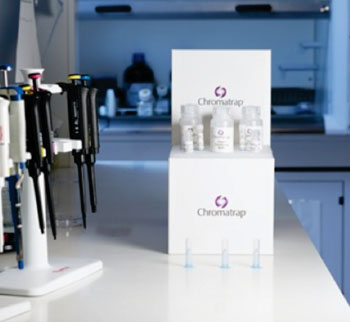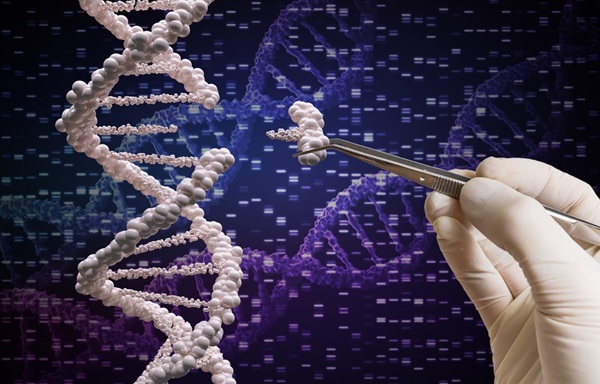New Molecular Biology Tool Eases Preparation of Chromatin-DNA Complexes
By LabMedica International staff writers
Posted on 22 Jul 2014
Biotech and other life sciences laboratories that isolate and analyze chromatin-DNA complexes will have a much easier time, as a new molecular biology tool for this purpose has now been released to the market.Posted on 22 Jul 2014
The new Porvair Sciences Ltd. (Wales, United Kingdom) Chromatrap solid state ChIP (chromatin immunoprecipitation) assay is described as being more efficient, sensitive and robust than standard ChIP methods.

Image
ChiP is a fast growing research technique and is commonly used for mapping the DNA-protein interactions in cells which are crucial for correct gene regulation. For example, they may be used to determine whether proteins such as transcription factors and modified histones bind to a particular region of DNA of living cells or tissues. In a ChIP assay, fragments of the DNA-protein complex (chromatins) are cross-linked in such a way so as to retain the specific DNA-protein interactions. The chromatin is then extracted and sheared either by sonication or enzymatic digestion into small fragments. The DNA/protein fragments are selectively immunoprecipitated using antibodies directed against the protein of interest and the resulting fractions treated to separate the DNA and protein components. Polymerase Chain Reaction (PCR), real time PCR, hybridization on microarrays, or direct sequencing are typically used to identify DNA fragments of defined sequence.
Chromatrap kits use revolutionary spin columns or microplates, which contain discs of an inert, porous polymer to which protein A or G has been covalently attached. During an assay, the chromatin/antibody complex is selectively retained by the disc. Flushing with three buffers and an elution step are all that is required to obtain the selectively enriched DNA. Chromatrap allows high quality chromatin to be obtained from as few as 7,000 cells in under five hours.
Chromatrap was developed by Porvair in association with Dr. Steve Conlan, professor of molecular and cell biology at Swansea University (United Kingdom).
Related Links:
Porvair Sciences Ltd.
Swansea University














